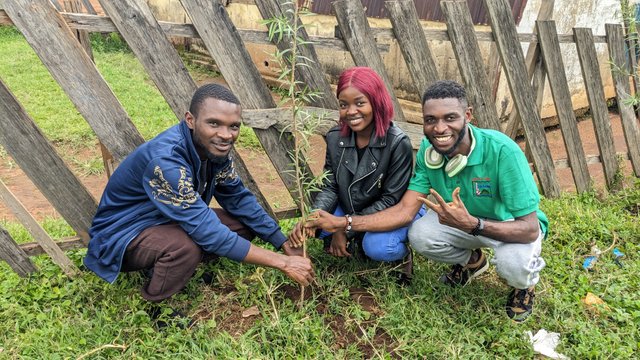Hello! Family,
Today, June 4th, 2024, marks the eve of World Environment Day. Led by the United Nations Environment Programme (UNEP) 1973, World Environment Day is observed not just for a single day, but now for an entire week. During this week, environmentally conscious leaders at both the local and international level work to raise awareness about the importance of environmental protection.
To mark World Environment Day Eve, the Bamenda Environmental Change Makers kicked off the day with a unique activity: climbing the newly constructed stairway that links Bamenda Station Hill and the Government Bilingual High School downtown.
The walk held particular significance beyond the educational talks from climate experts and experienced individuals. Over 35 participants actively reduced their daily carbon footprint by choosing not to use diesel cars for their commute to the event. This success story serves as a strong motivator for encouraging more frequent walks as a sustainable mode of transportation
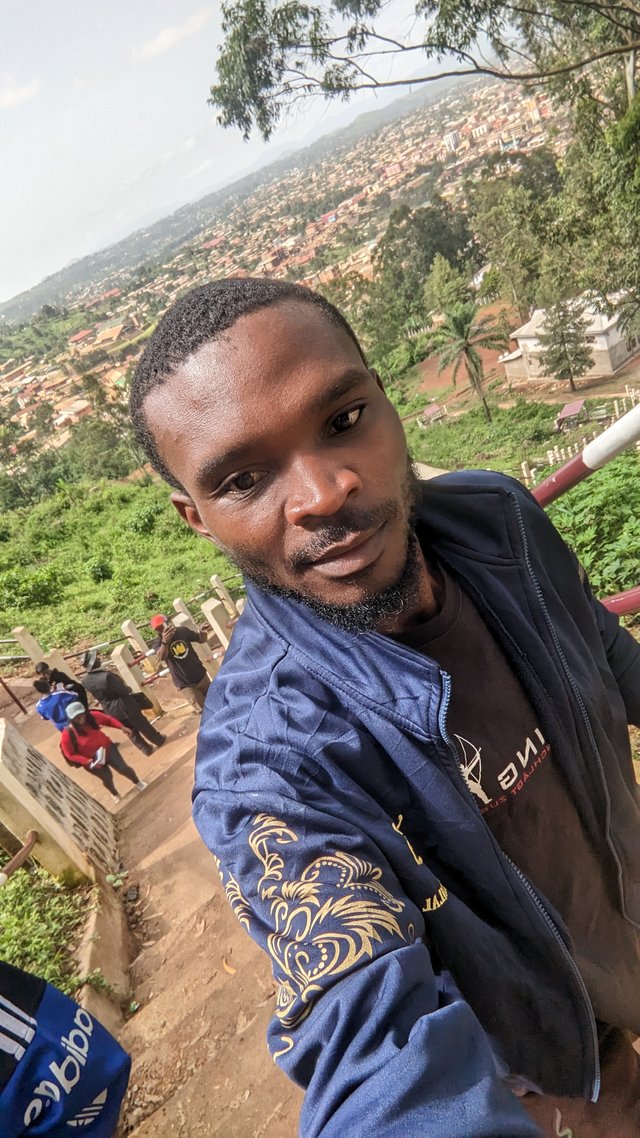
After a successful climb of over 25 stairs, we reached the first plateau. There, discussions arose among the environmentalists regarding the terminology most appropriate for Bamenda's situation. Since we lack scientific data to confirm a consistent shift in temperature, as global perspective, some questioned whether the changes we're experiencing represent climate variation rather than climate change. Despite the lack of funding for projects that could provide us with scientific data, the harsh realities we face, relentless heatwaves, water shortages, degraded lands, and food insecurity strongly suggest that Bamenda is experiencing climate change, not just climate variation. With indigenous knowledge which is also a valuable source of climate data, we can conclude this claim.
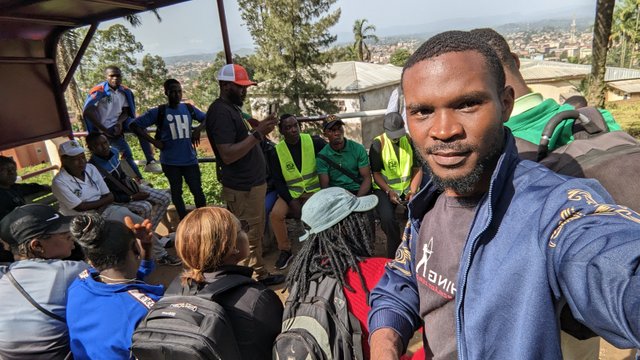
The discussion then shifted towards the importance of proper waste collection and sorting. The emphasis was on environmentally conscious individuals leading the process, encouraging neighbors to utilize organic waste as manure for their small farms.
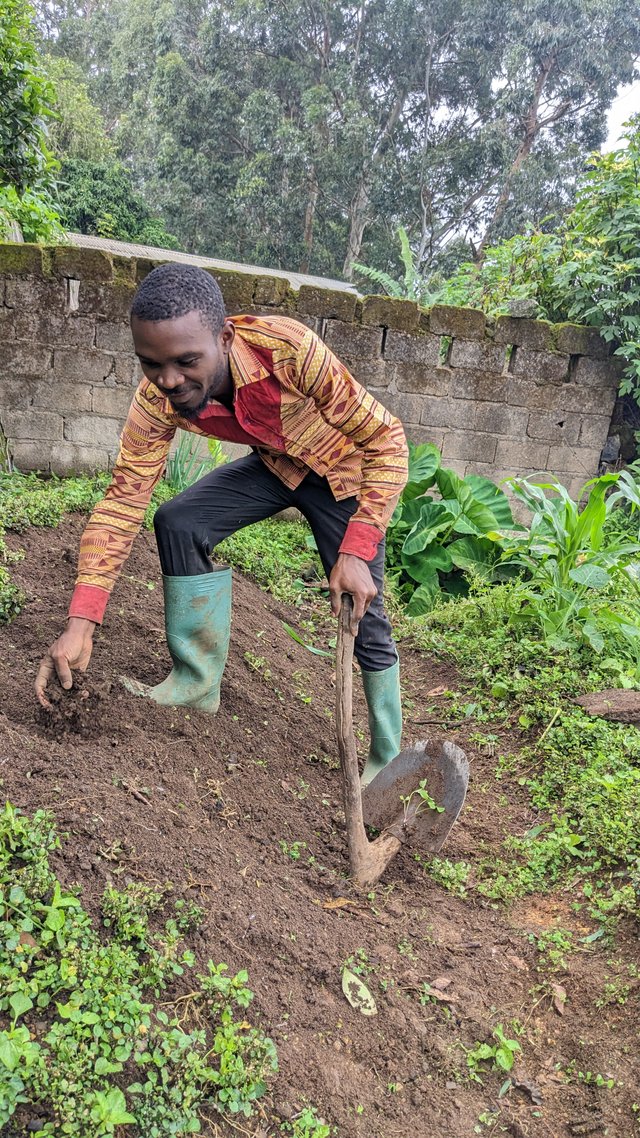
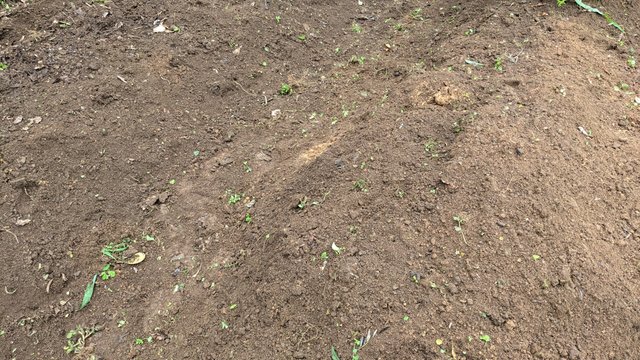
Farmer Tantoh further highlighted a critical issue: which was the lack of basic water conservation knowledge among the indigenous population of Bamenda Hill land. This knowledge gap has contributed to increasing water scarcity, even during the rainy season. To address this challenge, Farmer Tantoh called on researchers to investigate the importance of grass in water conservation. He specifically emphasized the potential of water friendly trees around water catchments and the need to educate the local population on this subject.
The final activity of the day was the planting of trees. These Eco worries from a transformative green walk move to three different schools planting tree sheds.
planting a tree to save the environment
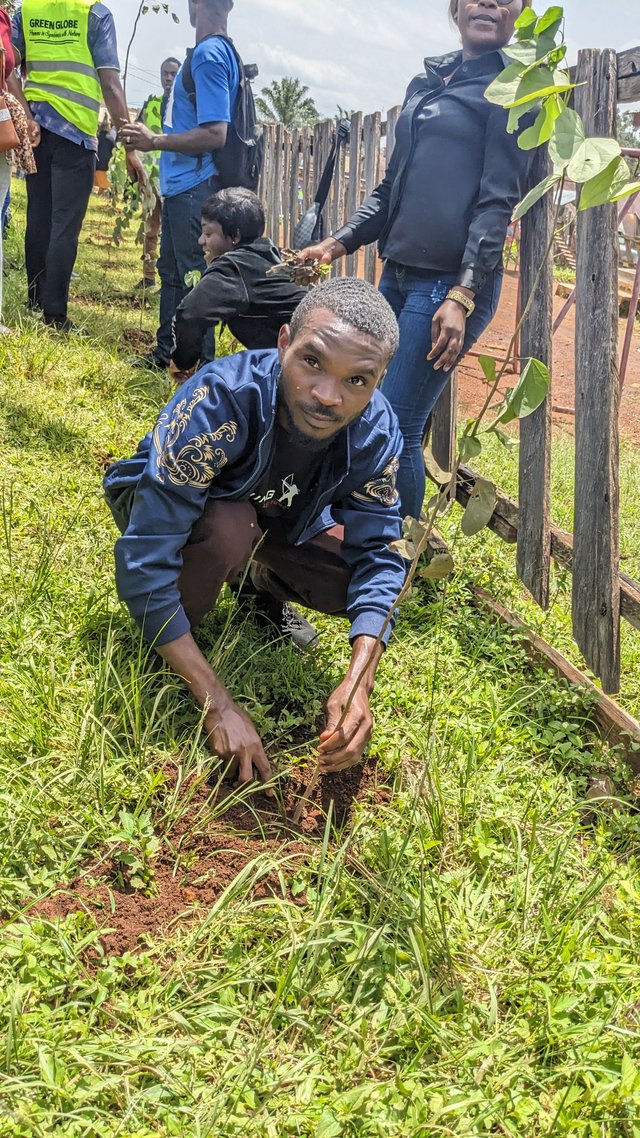
teaching my student from GBHS BAMENDANKWE how to plant a tree perfectly
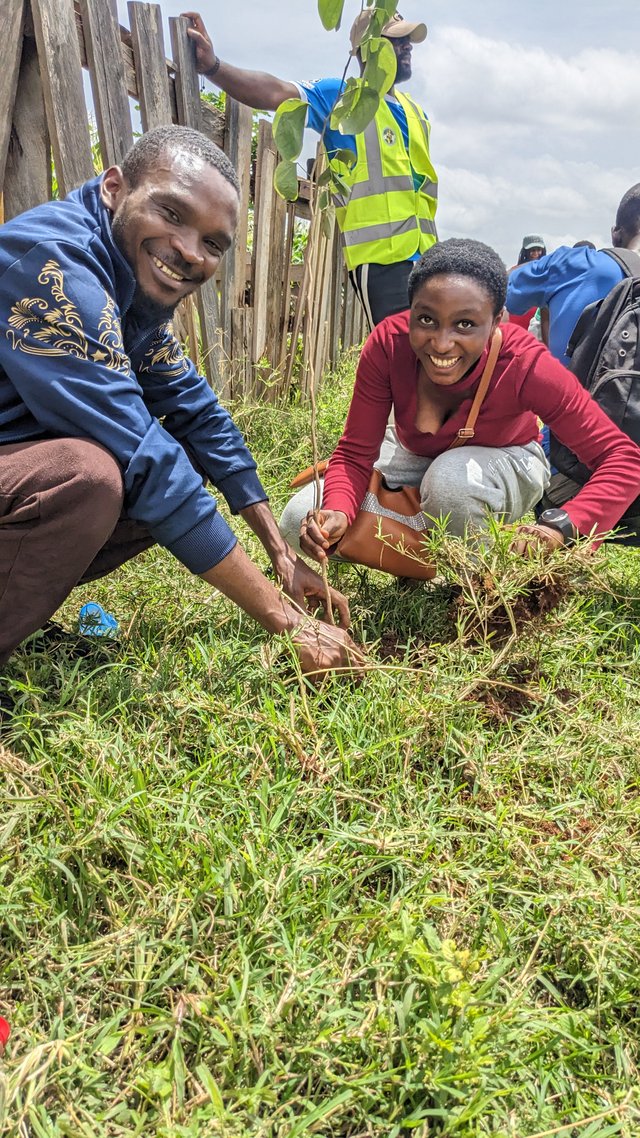
the crew from The greens
